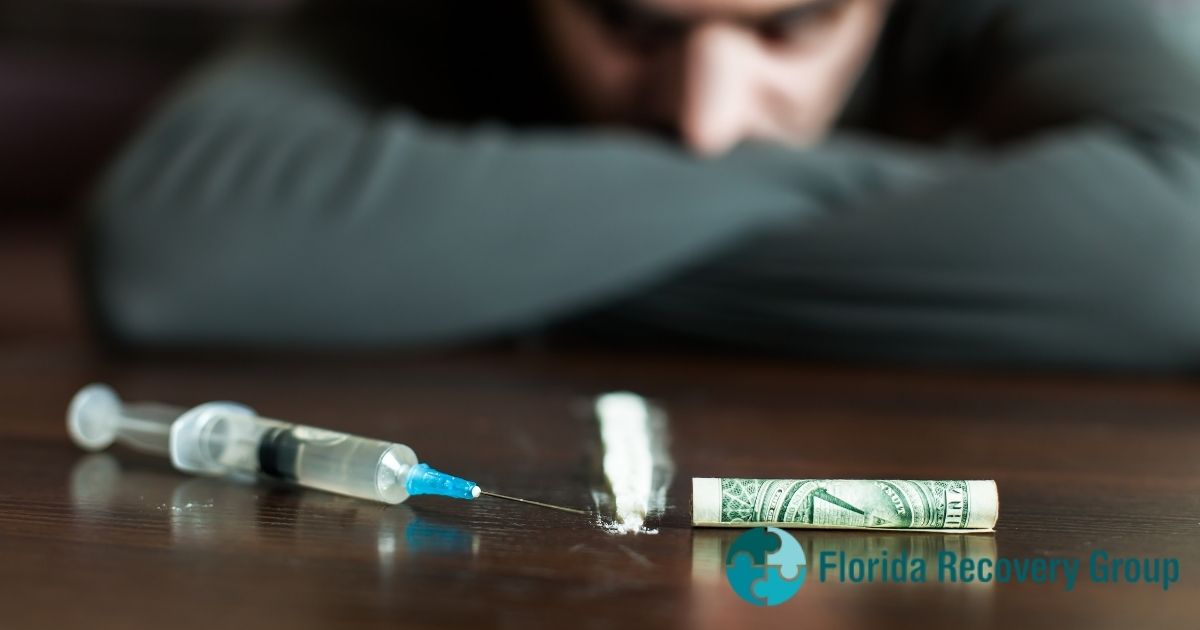
21 Jan The Difference Between Tolerance, Dependence, and Addiction
Millions of people in the United States struggle with a substance use disorder (SUD). A substance use disorder is characterized by substance use that interferes with a person’s ability to live a healthy, fulfilling life and function normally in their daily life.
There is a wide range of problematic substance use. Understanding the terminology is important so that you can find the right level of care and treatment. If you or someone in your life is struggling with a substance use disorder or you are concerned about your own substance use, you need to learn the signs of tolerance, physical dependence, and addiction. Knowing the signs and understanding what steps to take next can be the difference between recovery and a lifelong struggle.
Getting effective treatment as soon as possible gives you the best chance at a long-lasting recovery from a substance use disorder or addiction. For more information about effective, adaptable substance abuse treatment, reach out to the staff at the Florida Recovery Group.
What is Tolerance?
Tolerance is one of the diagnostic criteria for a Substance Use Disorder. Tolerance describes needing more of a substance to get the same effect. A person’s body begins to have less of a physical response after a period of repeated use of a drug or alcohol.[1] As a person begins to build up a tolerance to drugs or alcohol, they may begin to use a greater amount of the substance–or use more frequently–in an attempt to get the same “high” or other pleasant effects.
The time it takes to build a tolerance to a substance can differ between people and is affected by the substance they are using. For example, people who use cocaine may develop tolerance more quickly than someone abusing prescription medication. There is also “learned tolerance”, which means that a person may not appear to be intoxicated after a long period of frequent use. This is common in alcohol abuse.
What is Physical Dependence?
When someone reaches a state of physical dependence, it means that their body has adjusted to the presence of the substance and can’t function properly without it.[2] People with a physical dependence on a substance will experience withdrawal symptoms if they abstain from using it for a period. They may also begin to go through withdrawal if they reduce their use.
People with a physical dependence on drugs or alcohol often have a difficult time quitting on their own. At this stage, medical detox is usually necessary. In a medical detox program, people are monitored and treated for their uncomfortable or life-threatening withdrawal symptoms. They are given medications to help their body safely adjust to the absence of drugs or alcohol.
Without the support, treatment, and supervision of a detox program, many people relapse–begin to use the substance again–to avoid the extreme discomfort of withdrawal. Tolerance often leads to physical dependence, which ultimately leads to addiction.
What is Addiction?
Unlike physical dependence or tolerance, addiction is categorized as a disease. Addiction is defined as a loss of control regarding substance use.[2] When someone is addicted to drugs or alcohol, their focus narrows, and the addiction becomes the center of their life. Work, relationships, hobbies, and even taking basic care of themself become unimportant. The person’s time, energy, and resources are spent on getting and using more of the substance despite any negative consequences.
Addiction is marked by changes to the brain. It is nearly impossible for a person to stop using substances when they have reached this stage. They must get treatment as soon as possible. Detox alone is not enough to sustain lifelong sobriety. Comprehensive addiction treatment that includes care for your body, mind, and community is important.
Treatment for addiction is adaptable to meet the needs of each person, but generally includes:
- Individual therapy
- Medications
- Mental health and medical treatment
- Group support
- Education
- Holistic therapies
- Family therapy
- Aftercare planning
People who struggle with substance use must get treatment as soon as possible to have the best chance at overcoming their addiction and learning to live a healthy, sober lifestyle.
Find Help for Yourself or an Addicted Loved One
If you or a loved one lives with substance abuse or addiction, you can get the treatment you need and recover. You should not wait to hit rock bottom before seeking treatment. The longer you wait to get the treatment you need, the more dire the consequences will be. Each day you wait means more harm to your physical and mental health, more strain on your relationships, and more risk of financial and legal problems that will follow you for life.
If you have been waiting to get treatment, don’t wait another day. Our substance abuse treatment programs are designed to empower you as you learn how to leave your addiction behind and move forward. Call today to speak with one of our admissions counselors about how we can support you on your recovery journey.
References:





